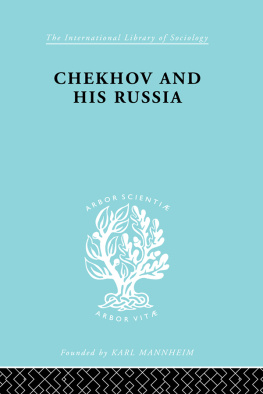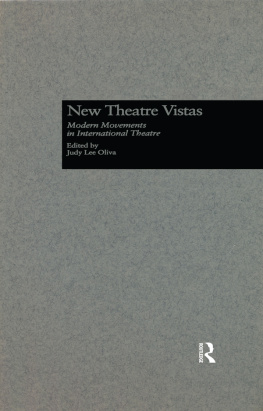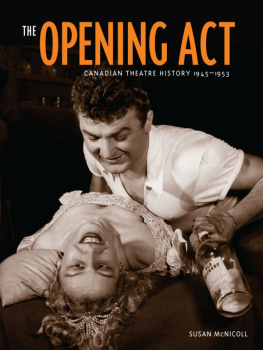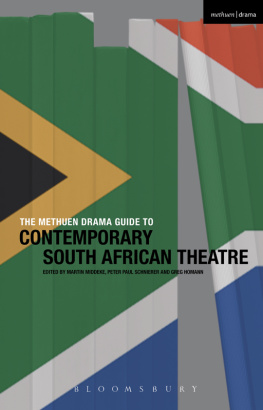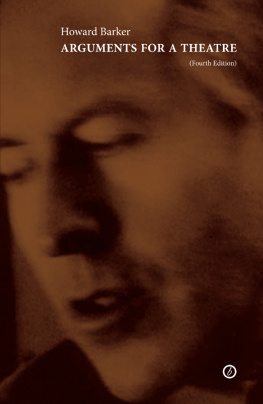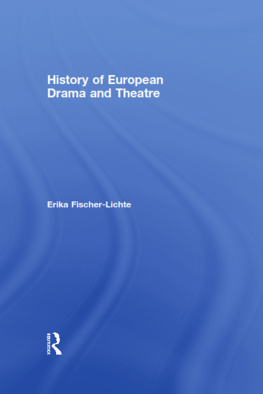First published in 1950 by Routledge & Kegan Paul Ltd
This edition first published in 2019
by Routledge
2 Park Square, Milton Park, Abingdon, Oxon OX14 4RN
and by Routledge
711 Third Avenue, New York, NY 10017
Routledge is an imprint of the Taylor & Francis Group, an informa business
1950 W. H. Bruford
All rights reserved. No part of this book may be reprinted or reproduced or utilised in any form or by any electronic, mechanical, or other means, now known or hereafter invented, including photocopying and recording, or in any information storage or retrieval system, without permission in writing from the publishers.
Trademark notice: Product or corporate names may be trademarks or registered trademarks, and are used only for identification and explanation without intent to infringe.
British Library Cataloguing in Publication Data
A catalogue record for this book is available from the British Library
ISBN: 978-1-138-35894-2 (Set)
ISBN: 978-0-429-42671-1 (Set) (ebk)
ISBN: 978-1-138-36073-0 (Volume 4) (hbk)
ISBN: 978-0-429-43108-1 (Volume 4) (ebk)
Publishers Note
The publisher has gone to great lengths to ensure the quality of this reprint but points out that some imperfections in the original copies may be apparent.
Disclaimer
The publisher has made every effort to trace copyright holders and would welcome correspondence from those they have been unable to trace.
First published in 1950 by
ROUTLEDGE & KEGAN PAUL LTD.
Broadway House, 68-74 Carter Lane, London E.C.4
Second Impression 1957
MADE AND PRINTED BY OFFSET IN GREAT BRITAIN
BY WILLIAM CLOWES AND SONS LTD, LONDON AND BECCLES
T HE last section of my Germany in the Eighteenth Century (Cambridge, 1935) examined in a general way the effects of the political, economic and social condition of Germany on her literature in the eighteenth century. The present work, the appearance of which has been much delayed by the war, is a continuation of the earlier book, a study of one literary genre, the drama, in this same period, both in its passive and active relations with the life of the time and with the theatre, the medium without the aid of which the possibilities of the drama as an art form remain only half realised, like a musical score which is never performed. Once a play is acted, however, it affects those who see it in quite a different way from a printed book, for in what Friedrich Schlegel called the most social of the arts author, actor and audience must necessarily collaborate. If the theatre is brought into such a study, not only plays of high literary value have to be considered, but also the much larger number of entertainments which hardly count as literature, but may be intimately linked up with contemporary life.
This is, of course, a big subject, but it seemed to me manageable if interest could be focused on interrelations in typical instances, no attempt being made to treat drama or theatre in the detail which would be expected in a history of either taken separately. As to the life and manners of those who made up the audiences, the reader is referred to the earlier volume. The sections concerned with the theatre deal mainly with the development of the repertoire. Good or bad German plays, and translations or adaptations of foreign works, if known to have been performed, may all throw light on the tastes and interests of the audience, so that in this respect our survey is more catholic than the ordinary history of the drama. Not much space can be given to the achievements of individual actors or to technical questions of production, but as there is very little to be had in English on German theatrical history, the more important developments, the achievements of the Neubers, of Schrder in Hamburg and Goethe in Weimar are treated fairly fully. The Hamburg National Theatre on the other hand could be passed over more rapidly because there is an excellent study of it available in Eng lish by the late Professor J. G. Robertson.
As a history of the German drama, this book is, for the reasons explained, in some respects wider and in some narrower in its scope than the usual histories. The evolution of the genre is described and the more important plays are considered individually, but always with the special aim of this study in view. Plot and character have to be summarily handled and little biographic cal information can be given. On the other hand, the fate of the plays in the actual theatre is followed, and it may surprise some readers to find how small a part some of the best of them, such as Nathan der Weise, Ipbhigenie or Faust played on the stage, though many made a triumphal return later, when firmly established as literary classics. In general we shall find that the better authors have seldom had as good a sense of the theatre as the leading playwrights of France or England, so that good German drama tends to be book-drama, rather overloaded with ideas. The general background of thought had therefore to be kept in view, especially the process by which originally religious ideas were secularised under the influence of the Enlightenment and Sentimentalism. Finally, dramatic theory could not be neglected, because in the drama, as elsewhere, there had been little practice in Germany which has not been guided by a deal of theory.
While observing the interaction in the theatre of author, actor and man in the street, one is brought up against basic habits of German thought, in trying to account for the rapid growth of public interest in literature and the theatre in the later eighteenth century, and in tracing the effect of this rather onesided aesthetic and intellectual development on the political and social views of the intelligent minority for long after 1800. It seems clear that for many, art became a kind of buffer against the impact of reality, and we are reminded of the two characteristics which Thomas Mann, thirty years ago, when he was still unpolitical himself, considered to be outstanding in the Germans, their passion for personal culture (Bildung) and their pride and delight in obedience. That the two are closely connected is suggested when we look at England through the eyes of Matthew Arnold and find an opposite one-sidedness. We are reminded of the truth in Goethes saying, that a countrys literature cannot be understood unless one calls to mind the whole state of its life. It is only when approached in this way that literature and the arts are a key to national character.
In sending this book to press I recall with gratitude the stimulus I received in the study of theatrical history from Robert Stumpfl, whose untimely death was a great loss to scholarship, and I wish to thank the librarians and staff of the Edinburgh University Library, the National Library of Scotland and the Hamburg Stadtbibliothek for unfailing helpfulness.





